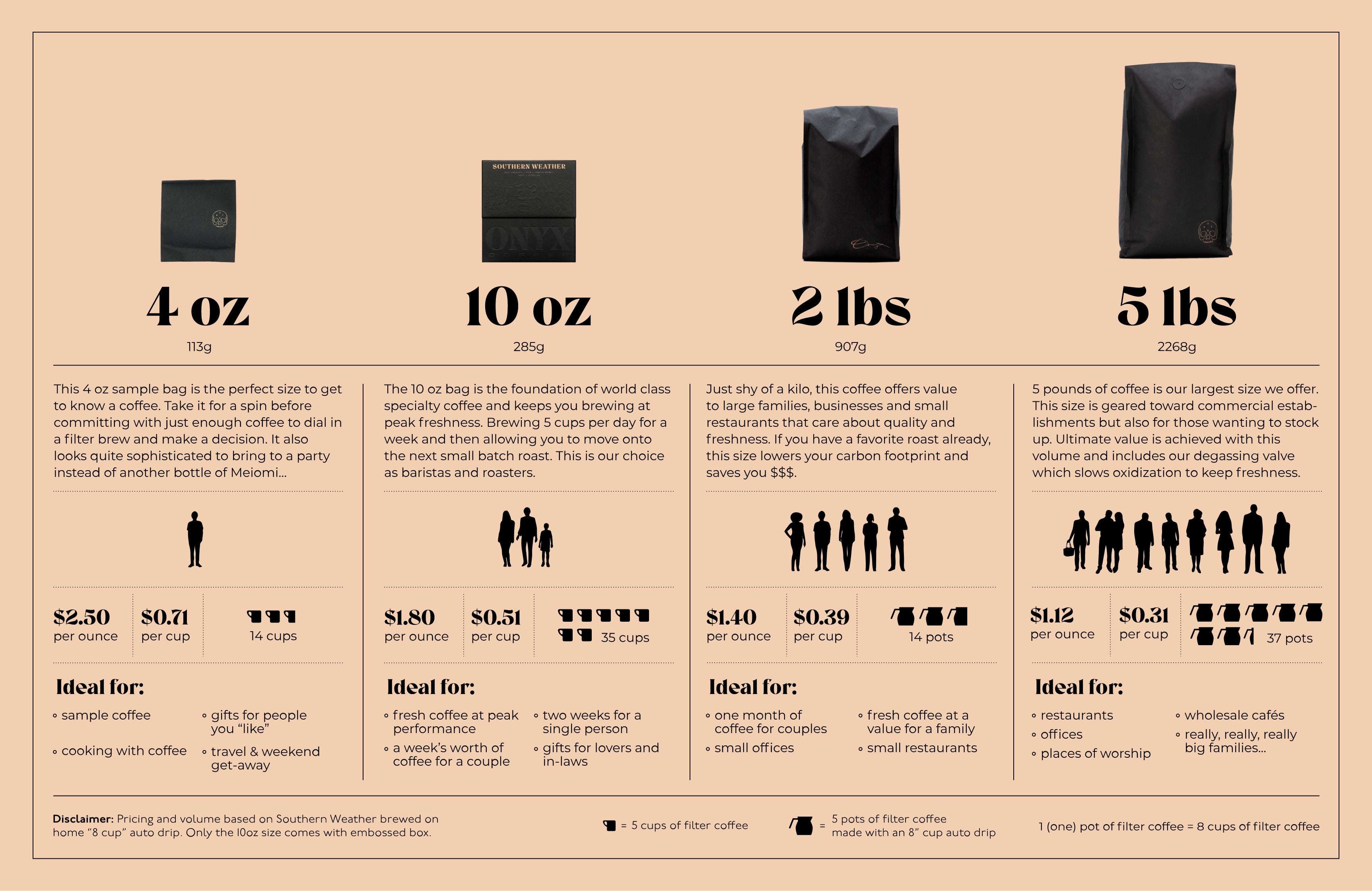Story
The Adinews, Harmony, and Ethiopia’s First Female Pilot
by Dakota Graff
The primary word I’d use when describing the coffees and practices of METAD is harmony. That experience is evident in the cup, with its delicate florals and soft fruit characters, but it moves far deeper than the taste experience of the coffees. Since I’ve been involved with the Adinew brothers, it’s been proven time and time again that they are committed to producing some of the best coffees in Ethiopia, and they uphold high standards of business while doing so. Within our near eight-year relationship, both Tariku and Aman have proven to care deeply about their coffees, and about personal relationships. Tariku Adinew has the gift of hospitality, making me feel at home when I’m halfway around the world, sleep-deprived, and usually over-caffeinated. This hospitality lends to the harmony I experience in their coffees, and the efforts of their family work surpass the experience that buyers have with them and their coffees.
The soil that this coffee is grown in was a gift to Muluemebet Emiru in 1934. Muluemebet was Africa’s first female pilot, and after World War II, she was gifted farmlands in Harar that became a private coffee estate. This ultimately formed the family connection to the land and their harmony with the cycles of coffee production. The Hambela estate is now world-famous for producing the best coffees in Ethiopia, no small part to the commitment of the Adinew brothers to elevate these coffees to heights unknown previously. METAD sets the standard for quality at each washing station they own, adapting practices from all over the world to grow and process coffee to the highest standard. Doing such great and harmonious work in the sometimes dissonant setting of Ethiopia is what sets them apart, and they strive to elevate not only the coffees but the people as well. Over the past few years, they’ve adopted a local elementary school that provides over 400 students with supplies and financial support through Grounds for Health. It’s clear that each action they take in Ethiopia elevates not only the coffees they grow but the people they work alongside. We are honored to continue to work with them each season.
Over the last two seasons, METAD has opened up a state-of-the-art dry milling facility where all of our coffees are milled and prepped for export. This is advantageous for everyone, as the lines can be long at other milling facilities. (and fraught with issues) This has allowed our sourcing program to stay nimble in the last two challenging seasons. The milling facility is located strategically outside of the city, with a direct road circumventing the busy capital of Addis Ababa. From the facility, the stuffed 20-foot containers preferred for coffee shipping can take a quick two-day journey to the port of Djibouti, and thus onward, eventually arriving at our roastery in Arkansas. You can read more about this journey in the transparency section below.
Washed Process
The washed process begins with the coffee cherries being delivered to the washing station. The cherries are inspected, and an initial quick round of hand-sorting separates the defective cherries before placing them into the hopper. They are then funneled to the Penagos pulper, which removes the fruit from the seeds. This is a crucial step to allowing the seed to ferment and become an exportable green seed ready for roasting. After the de-pulping phase, the seeds are then fermented underwater for approximately 12-24 hours. This phase of fermentation is crucial, as the east and microbes are breaking down the stir y mucilage layer found on the outside of the seed following depulp. Once the 24-hour fermentation is complete, the parchment is emptied into the washing channels, where it is agitated with rates. During this step, the water is refreshed to ensure proper aviation and washing is taking place. Once the washing is complete, the coffee is taken to the raised drying tables for sun drying.



